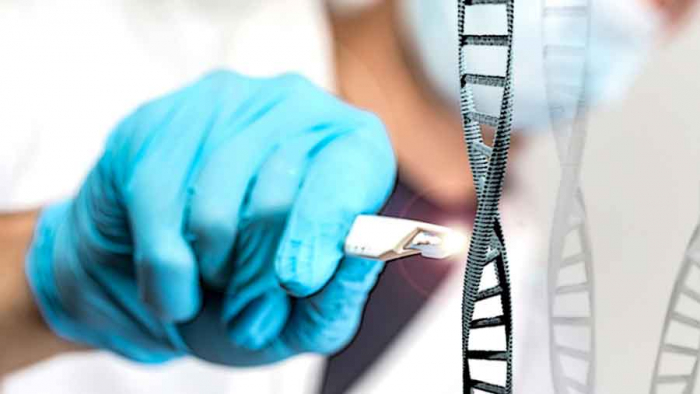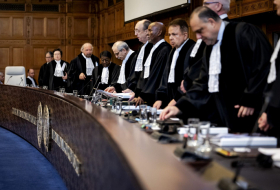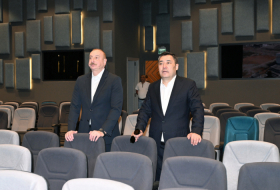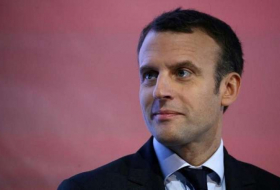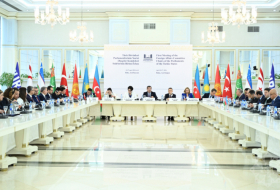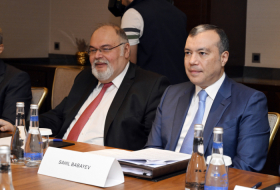If governments were to start modifying their populations’ genes on a mass scale to treat genetic ailments such as sickle cell disease, would that pave the way towards the eventual use of this technology for enhancement?
“Oh, that’s going to happen for sure,” says Derya Unutmaz, a Connecticut-based immunologist and principal researcher at Jackson Laboratory. “At the military level you can imagine you want to create super-soldiers who can withstand all kinds of diseases and tough weather and carry hundreds of kilograms”
One way to counter this would be to have a global regulatory system for genetic modification that could prevent or discourage countries from abusing it.
[CRISPR co-creator Jennifer] Doudna says that a big challenge will be to determine how to use the technology responsibly in the context of international science, considering the fact that it is widely available.
geneticliteracyproject
More about: gene-editingrules








